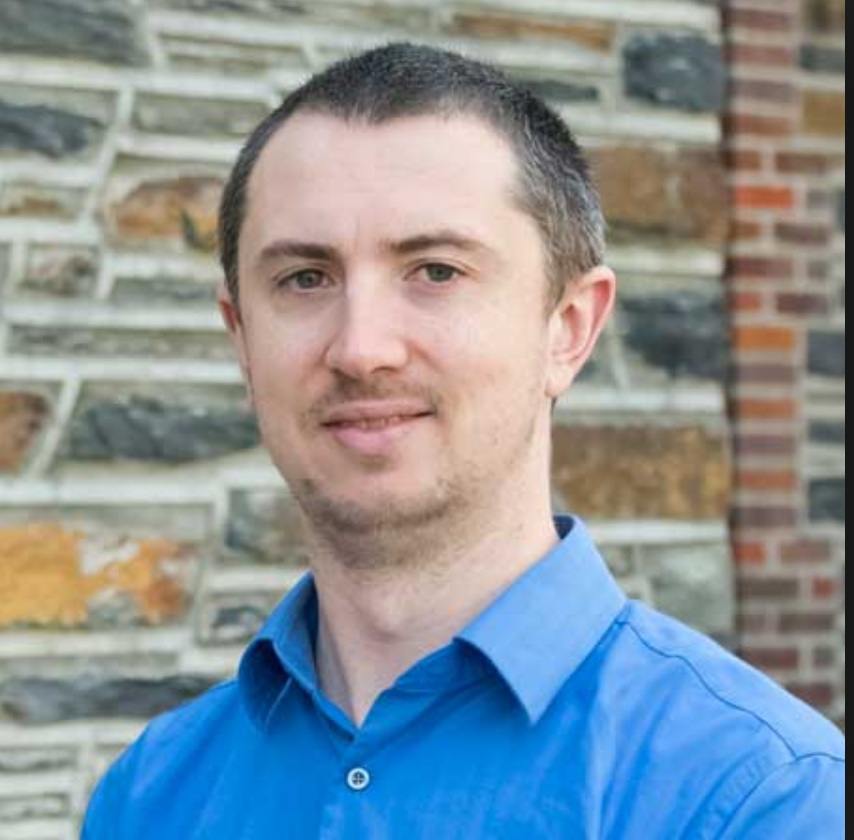What has impressed me the most about the use of digital technologies at Duke is the variety of pedagogical development opportunities available to graduate students. From the Bass Instructional Fellowship to the Digital Humanities Initiative, John Hope Franklin Humanities Institute, Duke has demonstrated a genuine commitment to helping graduates students learn and grow as online teachers and scholars.
Ben Richardson
Duke Learning Innovation welcomes two Bass Instructional Fellows this spring: doctoral students Ben Richardson (English Literature) and Can Evren (Cultural Anthropology). Bass Instructional Fellows partner with the Learning Innovation team to gain valuable professional development experience in online college teaching, course development, and instructional design.
Ben Richardson shared what motivated him to pursue this apprenticeship:
I decided to become a Bass Fellow in part because online teaching is becoming such an important part of higher education, and I thought that by engaging in this program I would get a chance to develop the different capacities needed for this field. In particular, I am hoping to learn both the best-practices for designing online learning experiences and also a set of technical skills which will allow me to implement these ideas in my own curriculum.
Richardson recently taught English 247: Victorian Literature (Fall 2018) and English 290: Modernist Futures (Fall 2017) at Duke. He has completed seminars on teaching diverse learners in Duke’s Certificate in College Teaching program. His interest in designing digital learning experiences motivated him to apply for the fellowship.

Through participating in GS 762, a course on digital pedagogy and learning design, I was surprised to find out just how different the process of developing online courses is from in-person teaching. In actually having the opportunity to produce a learning module, I quickly learned the importance of designing learner-centered instructional lesson materials, and also just how challenging it can be to produce an interactive lecture on camera instead of face-to-face.
In addition to his research at Duke, Richardson was an assistant to the Center for Interdisciplinary Studies in Science and Cultural Theory and helped develop a working group in conjunction with the Political Science Department about humor and politics.
In our next post, you’ll hear from Can Evren. Learning Innovation is pleased to welcome these new Bass Fellows and to facilitate their engaging work in innovative teaching with Duke faculty.
Learning Innovation has also launched a new program, the Bass Digital Education Fellowship for PhD students. We look forward to welcoming our new Bass Digital Education Fellows in Fall 2019!

